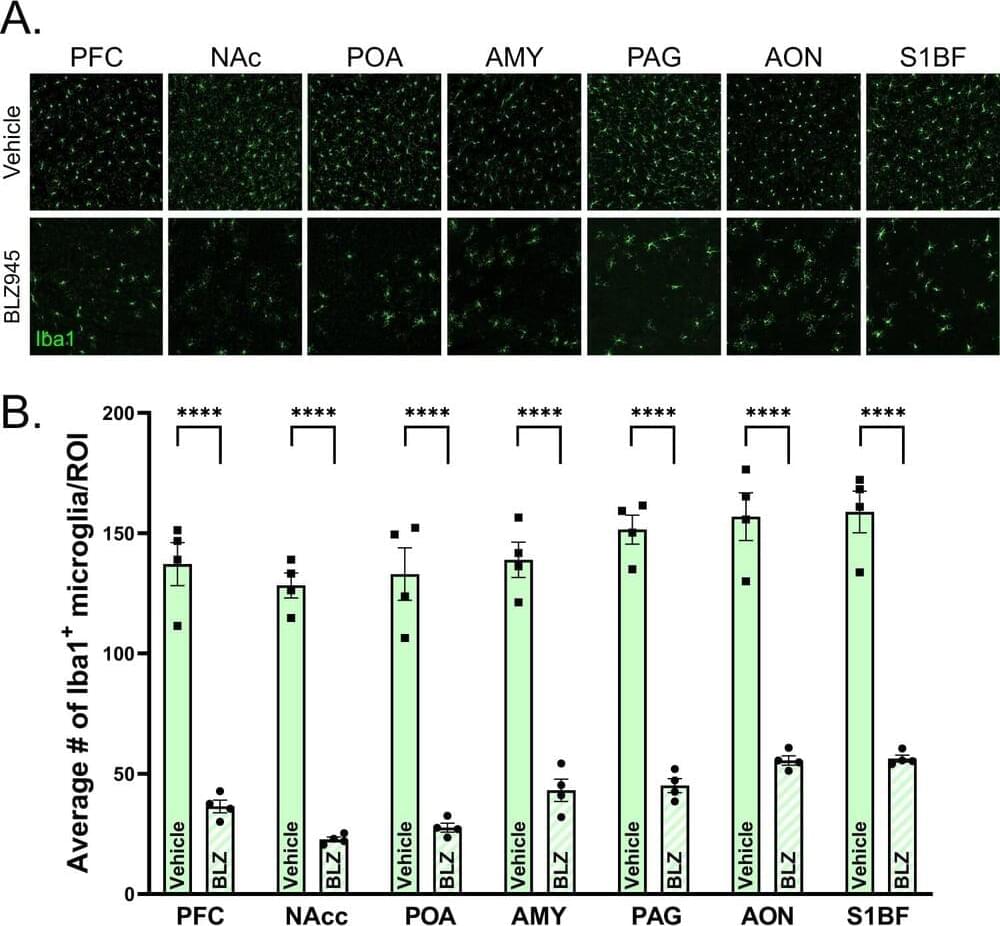Immune system changes in the pregnant body that protect the fetus appear to extend to the brain, where a decrease in immune cells late in gestation may factor into the onset of maternal behavior, new research in rats suggests.
In adult female rats that had never given birth—which typically don’t like being around babies—depletion of these cells sped up their care for rat newborns that were placed in their cage.
The loss of these cells, called microglia, and the related uptick in motherly attentiveness were also associated with changes to neuron activity in several regions of the rat brain, suggesting shifts in immune function have a role in regulating maternal behavior.










Comments are closed.